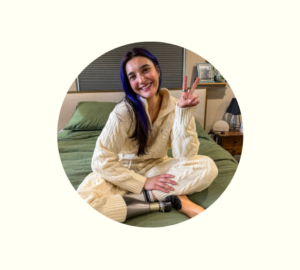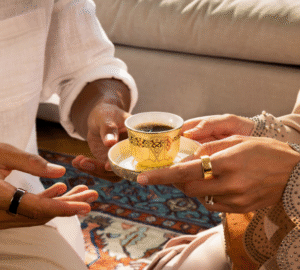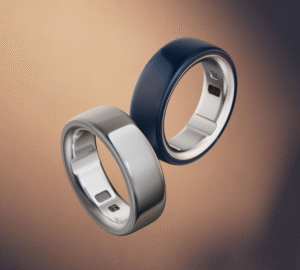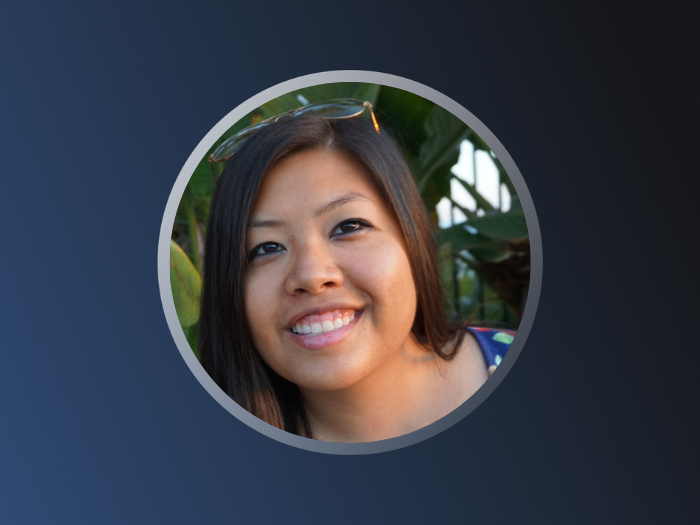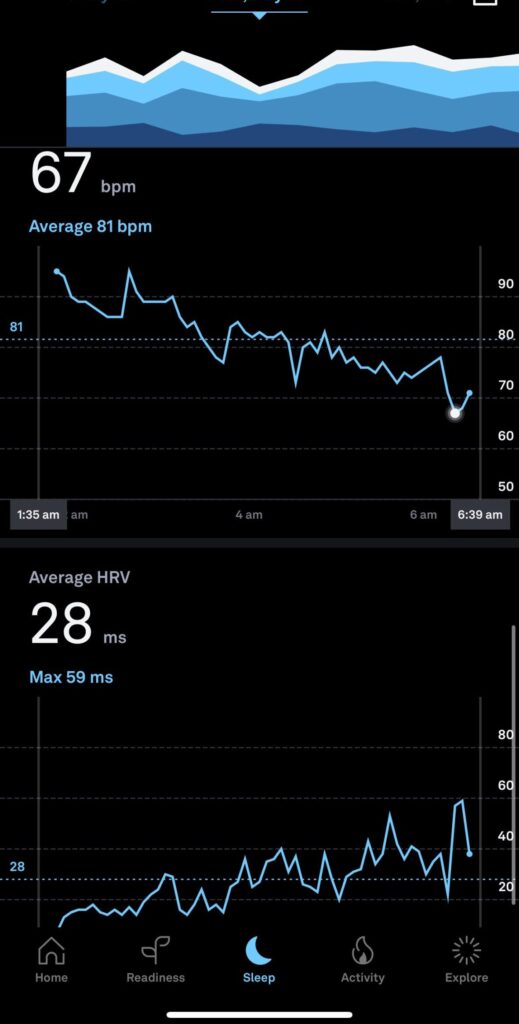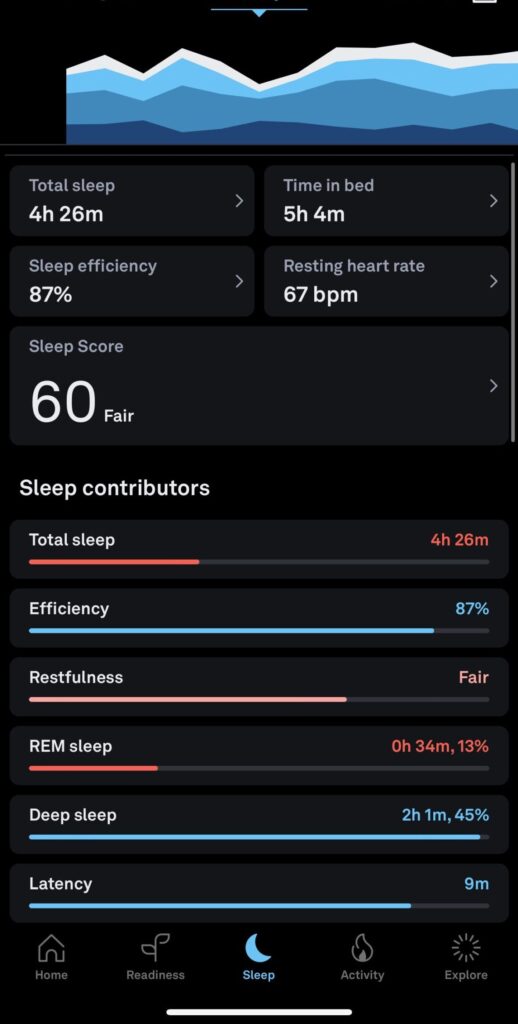Who: Nicole V., 31; California; Business Relationship Manager
Surprising Oura insight: Nicole noticed that on days when she had low Sleep and Readiness Scores, she’d experience greater stress, which turned into late-night eating.
Why did you become an Oura member?
I really wanted to make a change in my life but did not know where to start. I felt like I needed more control — I have been balancing full-time work and full-time school, which means I’m very busy and stressed.
When I heard about Oura, I saw it as a tool to ignite a positive lifestyle change, rather than just a sleep tracker. It was my first step in getting my life together, and the cost felt like I was investing in that change.
What is something you’ve learned about yourself from Oura?
Oura has opened up my curiosity about my own body and its limits. I personally have never enjoyed sleep — I never cared to take naps in the middle of the day or go to bed early.
However, seeing how sleep patterns affect my readiness and mental clarity throughout the day has helped me value rest. I often used to push myself to the point of exhaustion which caused my sleep quality to plummet, which had a knock-on effect on my heart rate variability (HRV) and my general immune health. I’d often catch a cold and experience terrible dips in my scores for multiple days, which would perpetuate my burnout.
| “Seeing the effects of my poor habits validated in real data has given me the motivation to find more balance in my life.” |
READ MORE: How Sleep Affects Your Immune System
I have also learned that I had a very poor relationship with food. My demanding schedule has caused me to feel very stressed. When my stress peaks, I tend to eat a lot and eat late at night. Once I started wearing my Oura Ring, I noticed the effects these habits had on my heart rate (elevated) and overall Readiness. My poor relationship with food was making my body work overtime.
Seeing the effects of my poor habits validated in real data has given me the motivation to find more balance in my life. Now I know when to slow down and rest so that my sleep and immune system stay healthy.
READ MORE: 4 Ways to Prevent Mental Fatigue & Information Overload
How has Oura helped you balance work and school?
I find balance by really listening to my body and my mind. Oura has motivated me to create more of an intentional schedule so that I stop working with enough time to wind down before sleep. I try to keep to this schedule as rigidly as possible, but on days when I need a bit of extra rest.
Oura helps in this sense because my Sleep Score and Readiness Score are tied to the activity goals I set for the day. I decide how much I can take on for that day – if I am feeling super energetic and have some extra time, I will add a gym session to the schedule.
If my Sleep or Readiness Score is low, I stick to walking my dog. As long as I am doing something active, I don’t feel that guilt of not going to the gym every single day like I used to. Instead, I’m confident knowing that I’m listening to my body and taking it day by day.
READ MORE: Using Oura to Listen to Your Body
What does your new schedule look like?
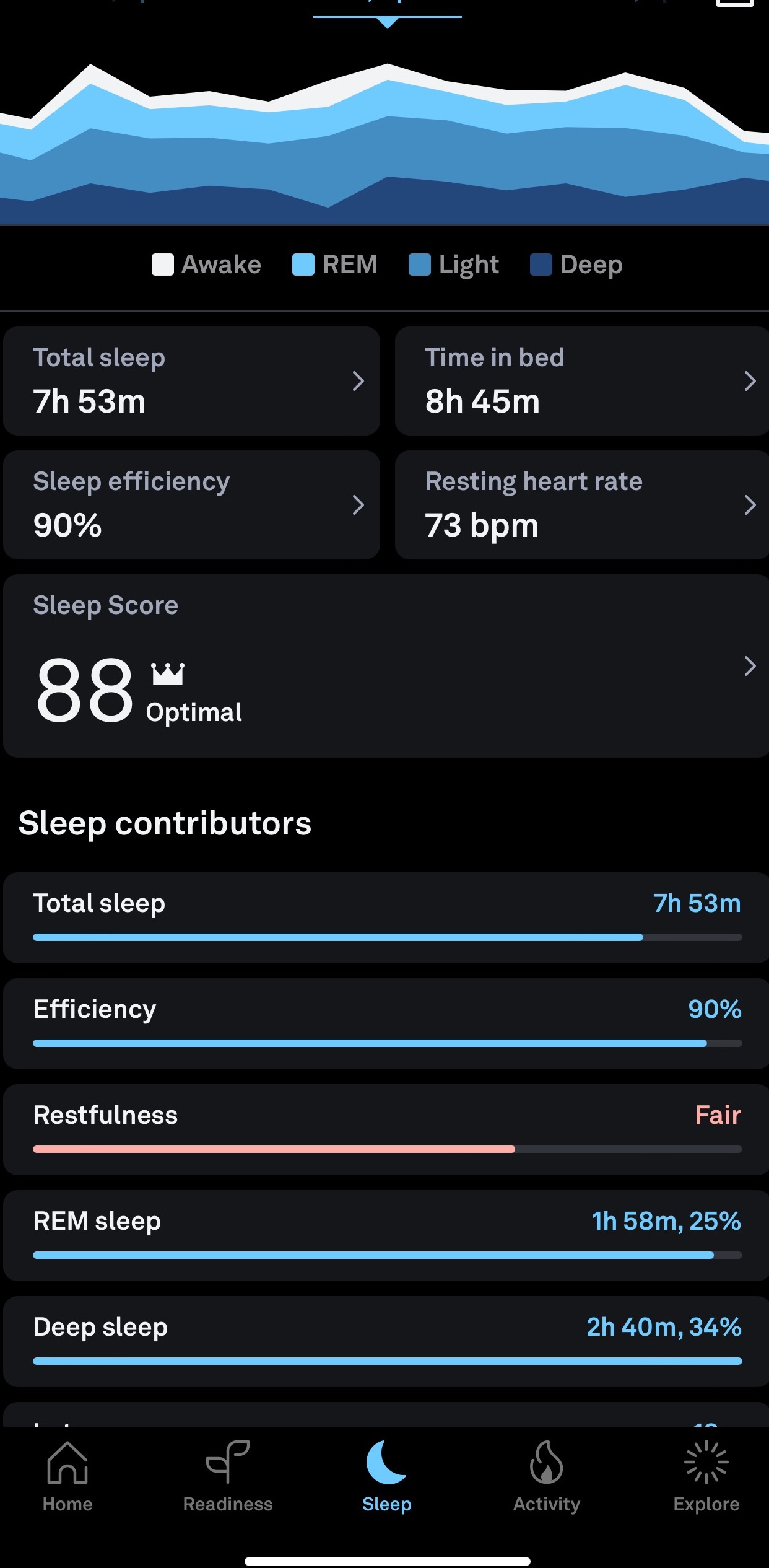
Prior to Oura, I would go to sleep at midnight and wake at 5:45am with a loud blaring alarm. My mentality was that the day ends at midnight, so I have until then to get my work done. Just knowing that I have until 12am to do something was kind of a crutch for me, and I ended up procrastinating and got nothing done in the end. This routine led to poor Sleep Scores, and eventually, my competitive nature got the best of me so I overhauled my evening routine to get better sleep (and scores!).
Now I wake around 6:30am without an alarm and work from 7:45am – 5:15pm. After work, I take my dog out for about an hour and then start schoolwork around 7pm and have a hard stop at 9.30pm. It takes around 30 minutes for me to do my nightly routine before bed and I am typically in bed by 10pm reading and asleep by 10:30pm.
The weekends are reserved for my personal life. Prior to Oura I was sleeping in until about 11 on the weekends, but now my body clock wakes me up at 6:30am, and I find I am the most productive in the morning. It turns out I’m a late morning chronotype!
READ MORE: What Is Your Chronotype & Why Does It Matter?
What’s Your Oura Story?
Everyone’s story is unique, and we’d love to hear yours. Share your story here.







